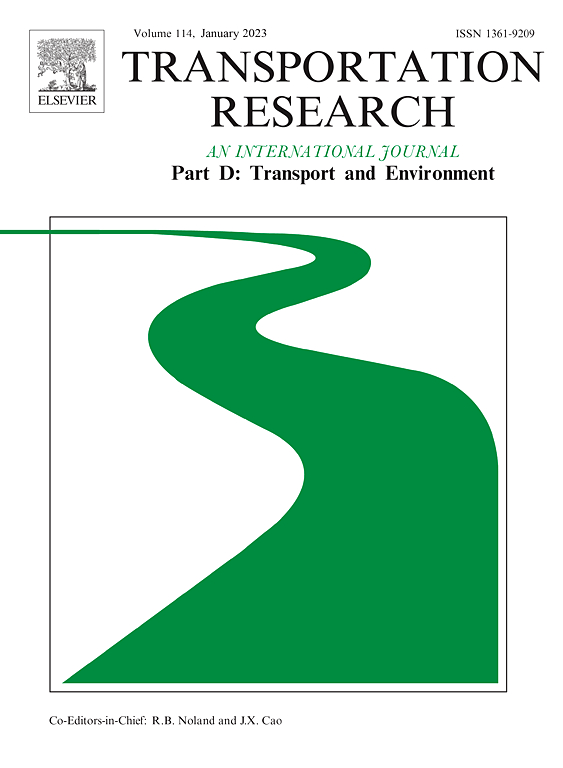Effects of the use-it-or-lose-it rule on airline strategy and climate

Grandfather rights require airlines to operate at least 80 % of their slots, if they are to keep them in the next scheduling period. To prevent losing slots, the airlines may operate slot-rescue flights, an airline strategy called slot hoarding. This behavior was made public in 2022 by the CEO of the German Lufthansa AG, Carsten Spohr: “We have to operate 18,000 additional, unnecessary flights during the winter, purely to secure our slots”. In their new article Till Kösters, Marlena Meier and Gernot Sieg model strategies of a monopolistic airline which chooses between long-haul and short-haul flights at a slot-coordinated airport. The article is published in the journal Transportation Research Part D: Transport and Environment.
In cases of a binding use-it-or-lose-it rule, we observe a bias in the airline route network in favor of slot-rescue flights on short-haul distances. Slot-rescue flights reduce airline profits, but raise consumer surplus and airport profits. The overall effect of slot-rescue flights on welfare, however, remains ambiguous.
Recently, slot hoarding and its climate impact have received considerable attention during the COVID-19 pandemic. We show that the environmental effects of slot-rescue flights are asymmetric. The climate damage of slot hoarding in the EU is reduced by the EU ETS, whereas CORSIA is rather ineffective.


